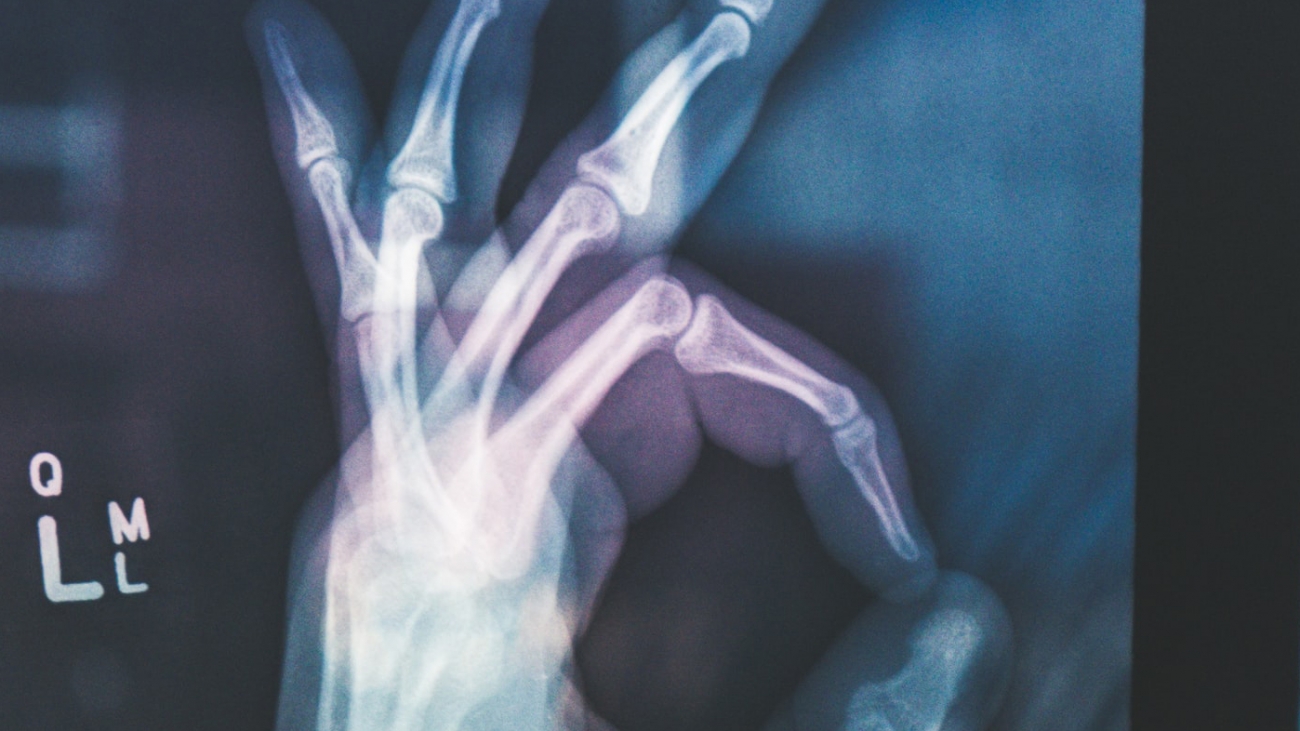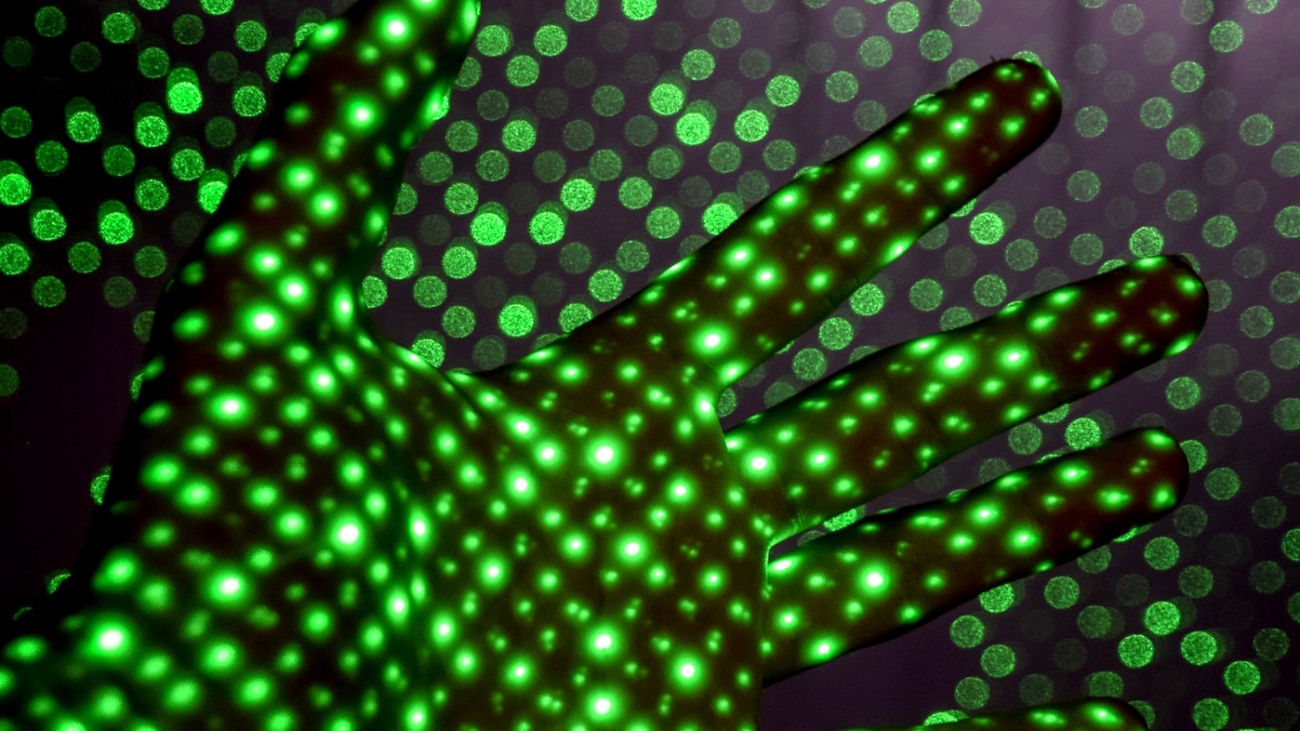Artificial intelligence is a system capable of instructing other systems (software or hardware). Software or machine constitute entities “which are self-instructed on the basis of learned logic”. From this observation we can infer the evidence that in this scenario man is no longer central but a true autonomy of technological systems is appearing. Countless reflections can be made on the principles that guide the design of machines and systems based on machine learning and artificial intelligence. But a digression can also be opened on the ethics of machines.
How do ethics regulate the design of technology?
Asimov had already posed this problem by understanding that a system able to educate itself needs to be designed according to ethical principles or very clear laws. In his visionary imagination he formulated the Three Laws of Robotics which were reformed with a Zeroeth Law when he understood the dangerous gap between the public interest and the interest of the individual.
The laws of robotics according to Isaac Asimov read as follows:
Law One – A robot may not injure a human being or, through inaction, allow a human being to come to harm.
Law Two – “A robot must obey orders given to it by human beings except where such orders would conflict with the First Law.”
Law Three – “A robot must protect its own existence, as long as such protection does not conflict with the First or Second Law.”
Isaac Asimov added the “Zeroth Law,” above all the others
Zeroeth Law - A robot may not injure humankind, or, through inaction, allow humankind to come to harm.
Industrial automation, machine learning and artificial intelligence are area of intense research especially moved by the pressing forces of capitalism that aimed at replacing man with the machine or the transformation of man as a user or customer in some form of product.
Without going so far as to prefigure an irretrievably dystopian world, these forces have nourished innovation also moved by a humanistic vision that wants to free man from work replacing human with machines.
We can certainly say that there may be an artificial intelligence that aims to improve human life or reduce the environmental impact of man.
There may also be guiding principles for the design of machines that the major innovators are ready to subscribe as a policy document for the future.
However, some authoritative detractors say that giants of digital technology have implemented what has been called “The Age of Surveillance Capitalism" (Shoshana Zuboff). In few words, if decades ago the internet and search engines were considered and acclaimed as a democratic medium, a place of freedom, where information flows fast and timely, becomes accessible and global, now clearly emerges the disturbing nature of the rules through which these machines educate themselves.
Web users and more generally people have proved to be inexhaustible generators of what can be considered the new oil: the data.
Privacy, personal data security and anonymity have therefore become a value to be preserved and protected.
The quality of services itself is increasingly attested to its ability to preserve these data and innovation is becoming increasingly oriented to invest in this field. The new real goal for those who deal with artificial intelligence becomes knowing how to collect behavioural data without harming privacy, without threatening the security of personal data and at the same time ensuring personalised and relevant services.
So many challenges in a single simple purpose that is not so far from an ancient and always valid principle that should regulate the exchange of capital in any manifest form, currency or given. This principle can be very similar to an updated version of Asimov’s previously mentioned robotics law.
Artificial intelligence cannot harm humanity, nor can it allow, because of its own rules, humanity to receive a damage or a false vision of reality.
Shortly, the guiding principle should be a real utility, improved experiences and data security.
Once again, technological innovation can demonstrate that it is capable of overcoming the problem of data breach and can win this challenge simply by ignoring data or anonymising them at source.
Here are two examples that allow us to temporarily identify an active subject, to trace his behaviour but not his identity or his behavioural history. Color mapping and radar imaging allow, for example, to analyse the activity of a user or customer for the purpose of modifying the surrounding environment in which the subject moves or in order to provide him with a relevant experience.
The most appropriate scope for these technologies is the real world, shops, offices and public spaces, places where the real significant contribution in terms of innovation can come mainly from those technologies that are able to not disturb the natural interface of space and therefore of experience.
This kind of technology leads us to imagine a second law for a not dystopian technological world and really guided by an ethics of artificial intelligence.
Artificial intelligence should not disturb natural experience and should tend to have a biometric impact of 0.
From this purpose comes the technology Munogu BIOZERO
Learn more about BIOZERO technology
SUBSCRIBE TO OUR NEWSLETTER
OPENING HOURS
Mon - Fri: 10am - 18pm
Saturday: closed
Sunday: closed
ADDRESS
- Via Cassanese, 224 - Centro Direzionale Milano Oltre - Palazzo Caravaggio 20090 Segrate (MI) - Italy
- Belgrade - Science technology park, Veljka Dugosevica 54, 11060
- Legal address: Via Molino Delle Armi 11 - 20123 Milano (MI)
GET IN TOUCH
- Munogu Srl - startup innovativa - PI: IT09982680960
- +39 02 87.24.41.11
- [email protected]








